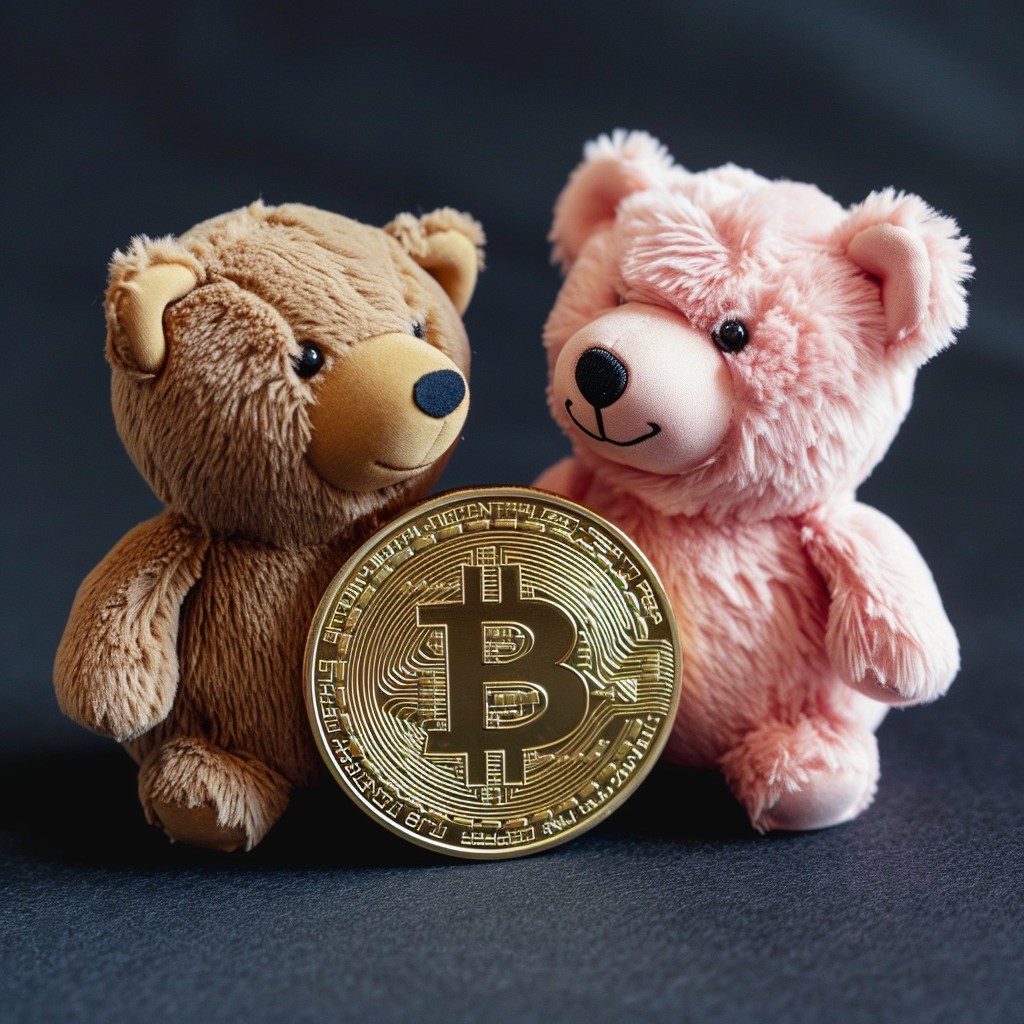In the ever-evolving landscape of financial markets, a fascinating parallel emerges that draws a thought-provoking comparison between the current craze for crypto investments and the ubiquitous Beanie Babies obsession of the late 1990s. Coinbase, a leading platform for crypto trading, has become a focal point in this analogy as investors and enthusiasts navigate the volatile world of digital assets.
Much like the fervor that surrounded the plush toy collectibles, crypto investments have captured the imagination of a new generation, sparking debates on the sustainability, value, and underlying motivations that fuel these phenomena. This intriguing connection prompts us to explore the intersections of speculative markets, human psychology, and the enduring allure of seemingly unconventional investments.
Coinbase compares crypto to Beanie Babies
The largest US crypto exchange made the analogy during a Wednesday federal court hearing in New York. Coinbase argued for the dismissal of a Securities and Exchange Commission complaint accusing it of selling unregistered securities.
Coinbase’s lawyer, William Savitt, told US District Judge Katherine Polk Failla that tokens traded on the exchange are not securities subject to SEC jurisdiction because buyers do not receive any rights as a result of their purchases, unlike stocks or bonds.
It’s the difference between buying Beanie Babies Inc. and buying Beanie Babies.
William Savitt
The subject of whether digital tokens constitute securities has divided the courts. In July, another Manhattan federal judge found that exchange sales of Ripple Labs’ XRP currency were not subject to SEC jurisdiction, while another judge ruled the contrary in the regulator’s lawsuit against Terraform Labs Pte.
Coinbase is requesting that Failla adopt the Ripple judgment and dismiss the SEC’s claim. The court adjourned the session without ruling.
Beanie Babies, the subject of a 1990s collecting boom and crash that some have compared to crypto, were mentioned earlier in the hearing when Failla expressed a “real fear” that the SEC’s approach might lead to collections regulation.
Lawyers for the government stated that purchasing an item such as a baseball card or a figurine does not imply that one is purchasing an interest in the company that produces such goods.
Shoes, trading cards, and watches have all seen an increase in value in recent years as a result of the COVID-19 pandemic, but some of those booms have now turned into busts.
The SEC stated that, unlike collectibles, when a crypto token is purchased, the owner invests in the network or company that powers the token.
The impact of the Coinbase Vs. SEC case to the crypto industry
In addition to the crypto sector, the court case may have far-reaching consequences for the collectibles market, depending on how US District Judge Katherine Polk Failla rules. “I am presented with the specter of collectibles being regulated by the SEC,” said Katherine Polk Failla.
The SEC sued Coinbase in June, alleging that the exchange violated its laws for years by allowing users to trade a large number of crypto tokens that were actually unregistered securities.
The regulator cites a 1946 Supreme Court ruling that defines a security as a “investment of money in a common enterprise with a reasonable expectation of profits to be derived from the efforts of others.” However, Coinbase argues a different stand. The SEC asserts that:
When you are buying a collectible, let’s say a baseball card or a figurine of some kind, you’re just buying the item […] You are buying a thing. You are not buying into something. And that, I think, is the difference. There is no enterprise that is involved in this.
When they buy this token, they are investing into the network behind it,” Costello said. “One cannot be separated from the other.
SEC lawyer Patrick Costello
SEC lawyers pressured Failla on Wednesday to reject Coinbase’s arguments, claiming that the exchange misleads users into believing that certain of the digital assets they purchase on the platform will appreciate in value.
Savitt noted that buyers of digital assets on Coinbase may expect their purchases to appreciate in value, but he claimed that is insufficient.





